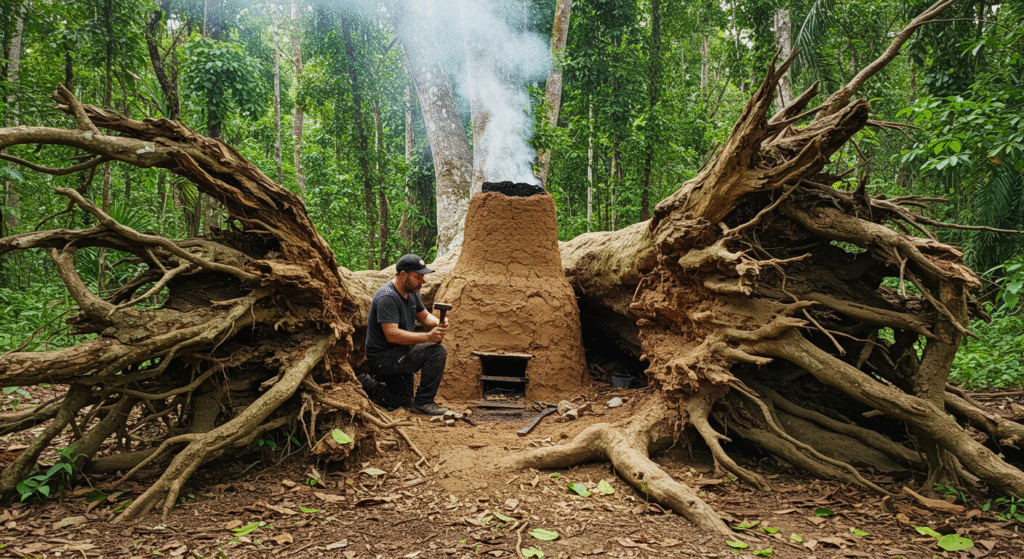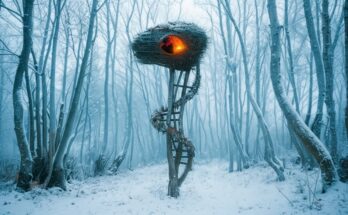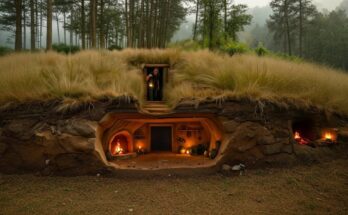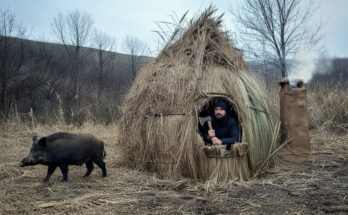Surviving in the wild without being able to start a fire is extremely challenging but not impossible. I would face cold nights, difficulty cooking food, and less protection from insects and predators. Without fire, I would focus on finding safe shelter, sourcing edible plants or raw food, staying hydrated, and using natural materials for warmth and protection. It would be a constant test of resourcefulness and endurance, relying heavily on shelter, clothing, and natural heat sources to survive.

Finding food without fire means I would have to rely on raw or easily edible plants, fruits, nuts, and possibly insects or fish that can be eaten raw. I would need to have strong knowledge of local edible plants to avoid poisoning myself. Cooking food not only makes it safer to eat but also more digestible, so without fire, I would have to conserve energy and be very careful in what I consume. Water sourcing and purification would also be a major concern, as fire is often used to sterilize water; without it, I would have to rely on natural filtration methods, such as using clean running water or filtering through sand and charcoal.
Finally, dealing with insects, predators, and general discomfort would be tougher. Fire acts as a natural repellent and provides light and security, so without it, I would have to be extra vigilant. I would create barriers and use strong-smelling plants to keep insects away and position myself in safer areas at night. Surviving without the ability to start a fire would be a constant mental and physical struggle, demanding ingenuity, patience, and a deep understanding of my environment. It would be a test of survival instincts without one of the most fundamental tools humans have relied on for thousands of years.


